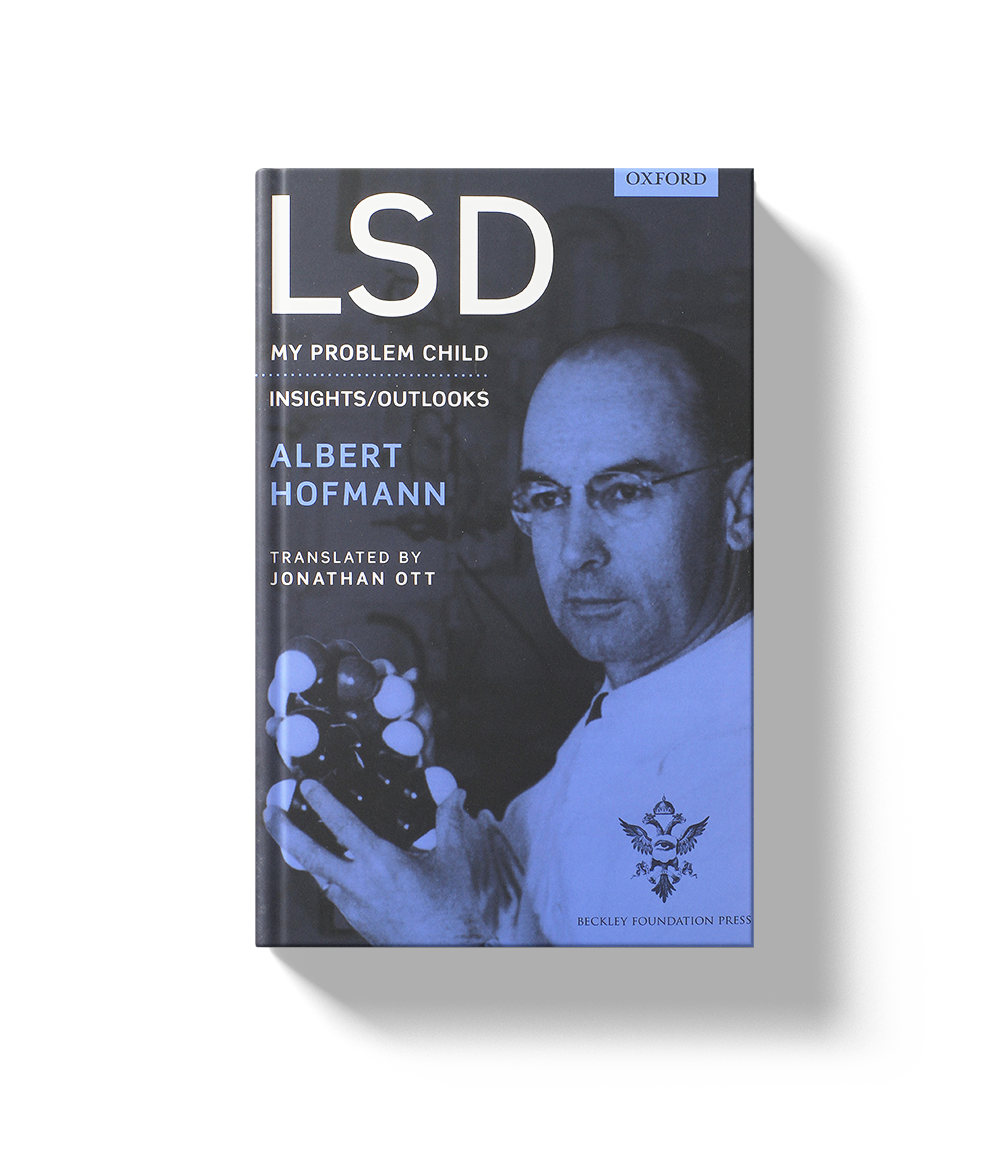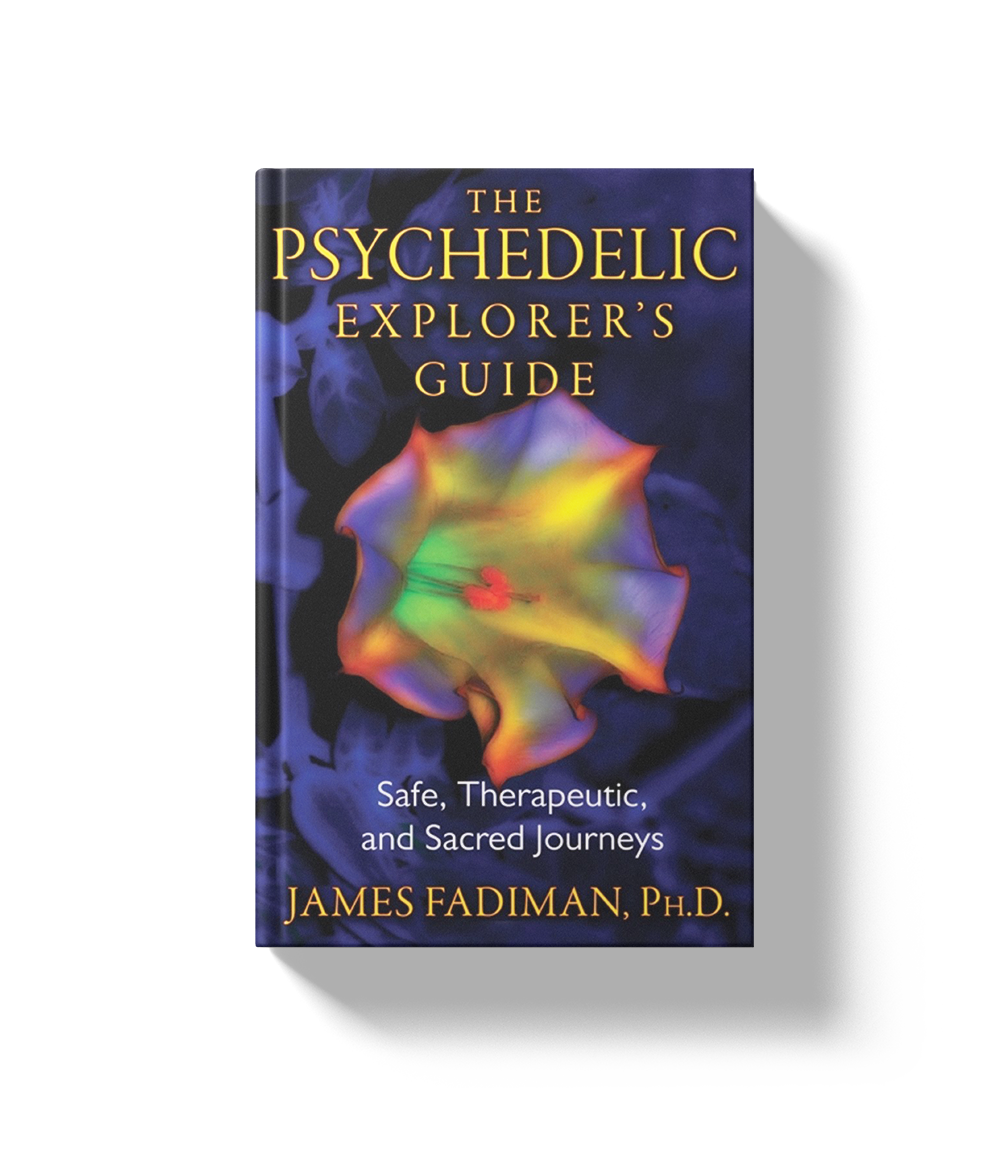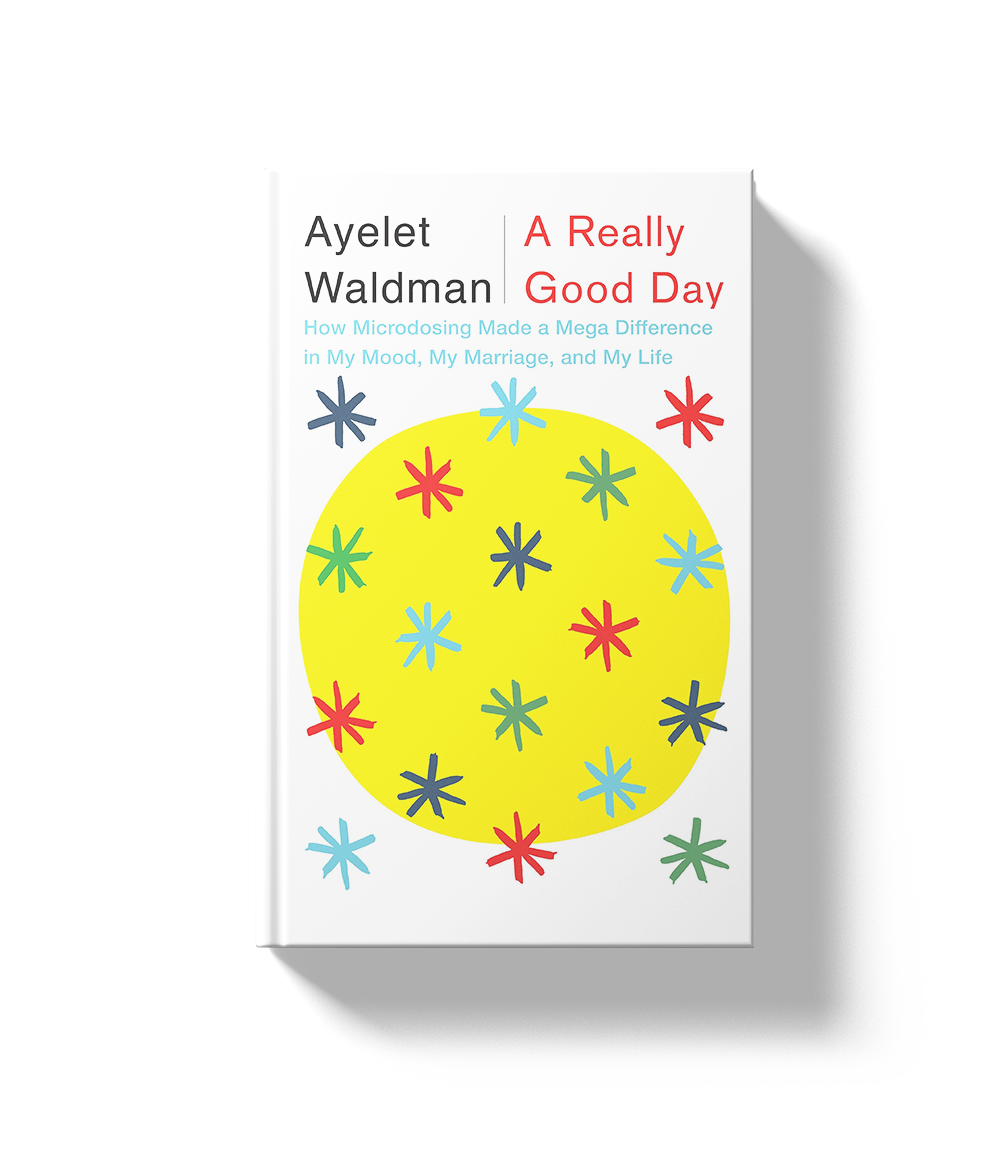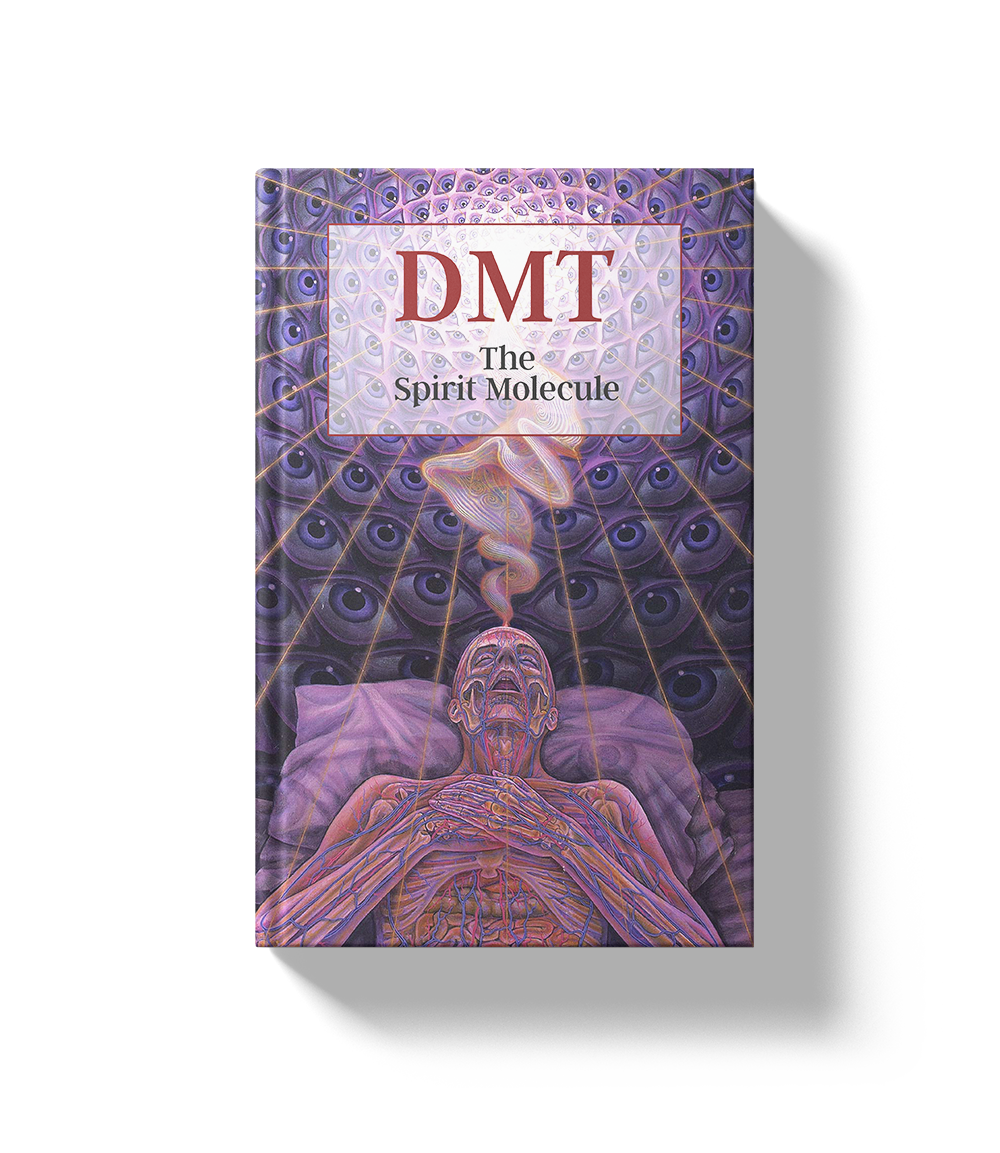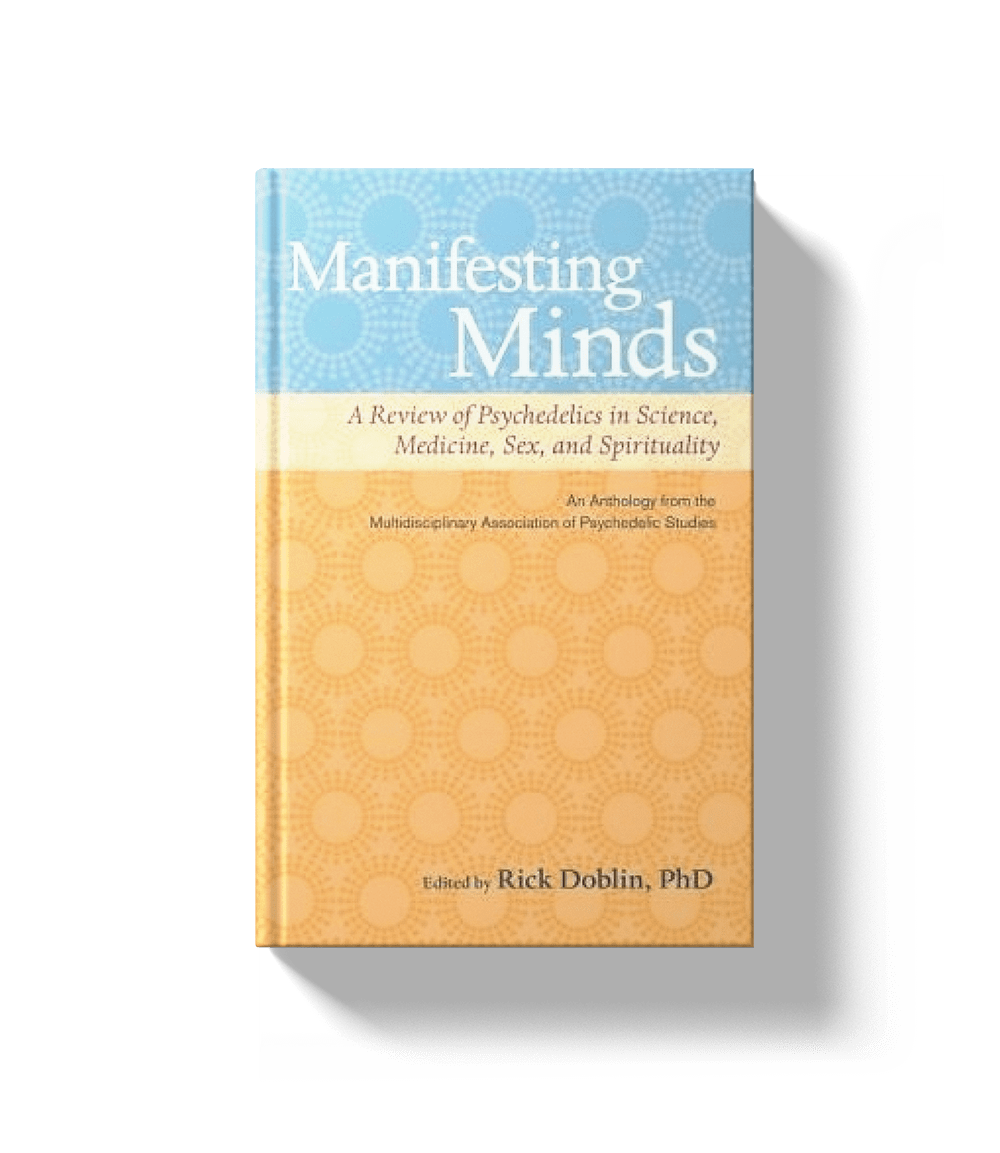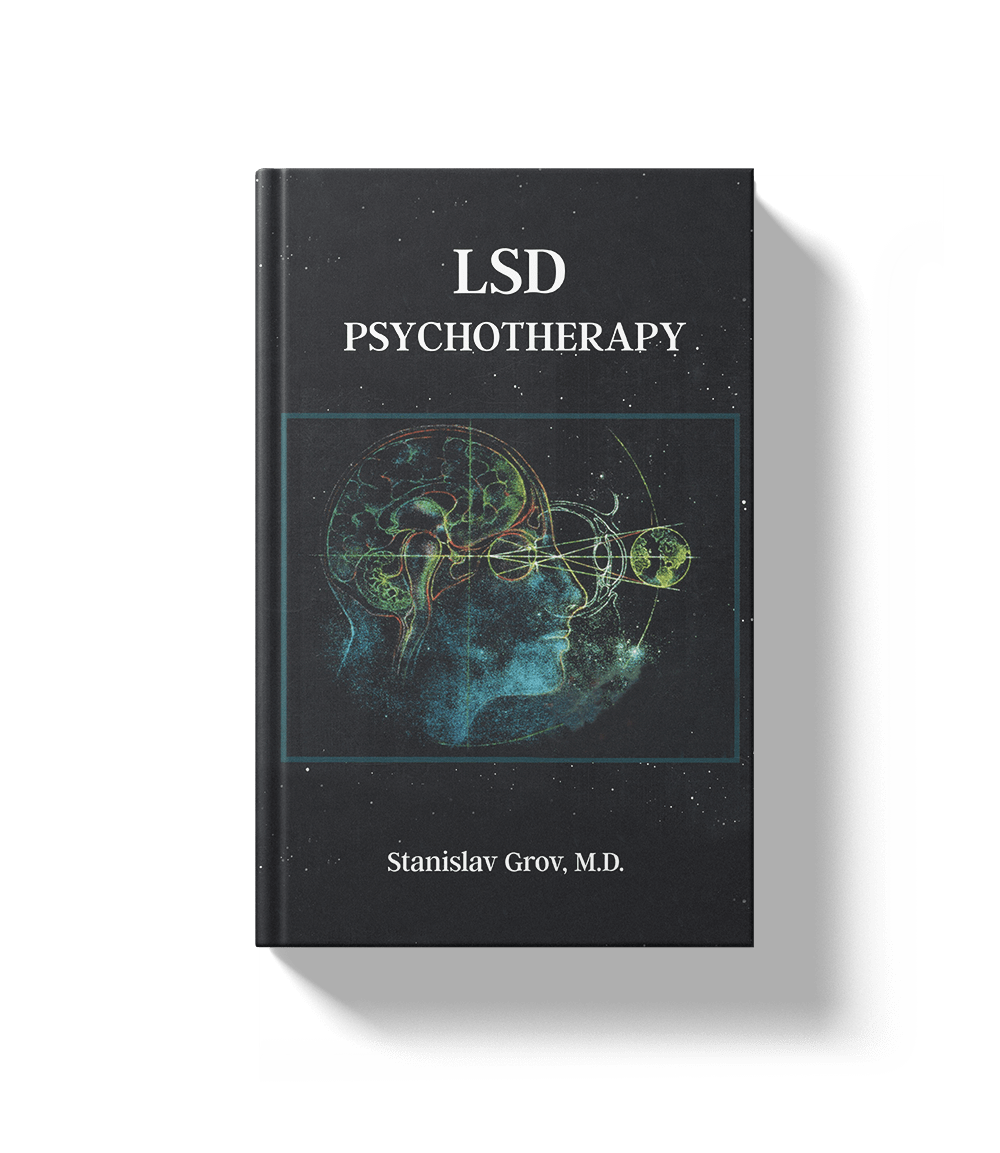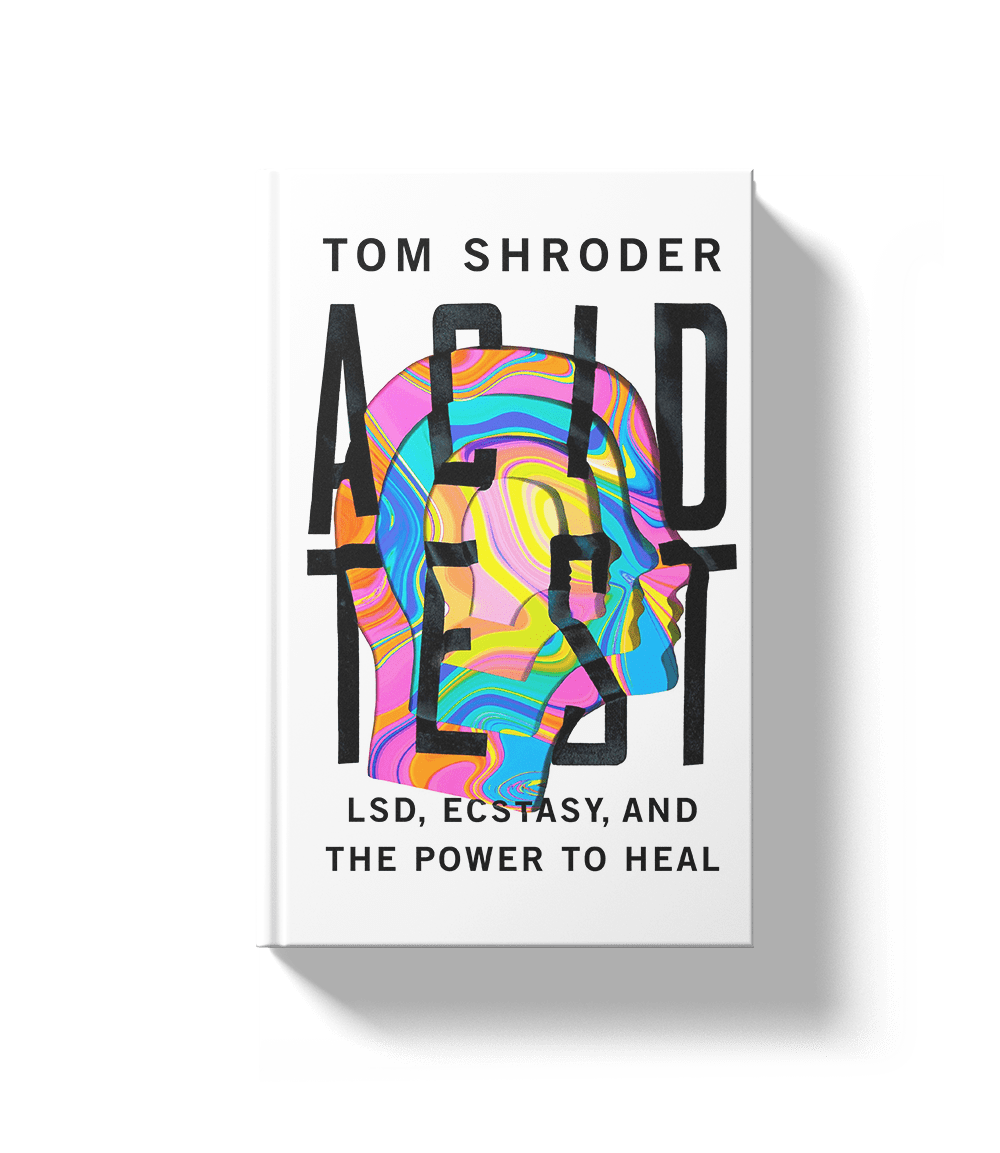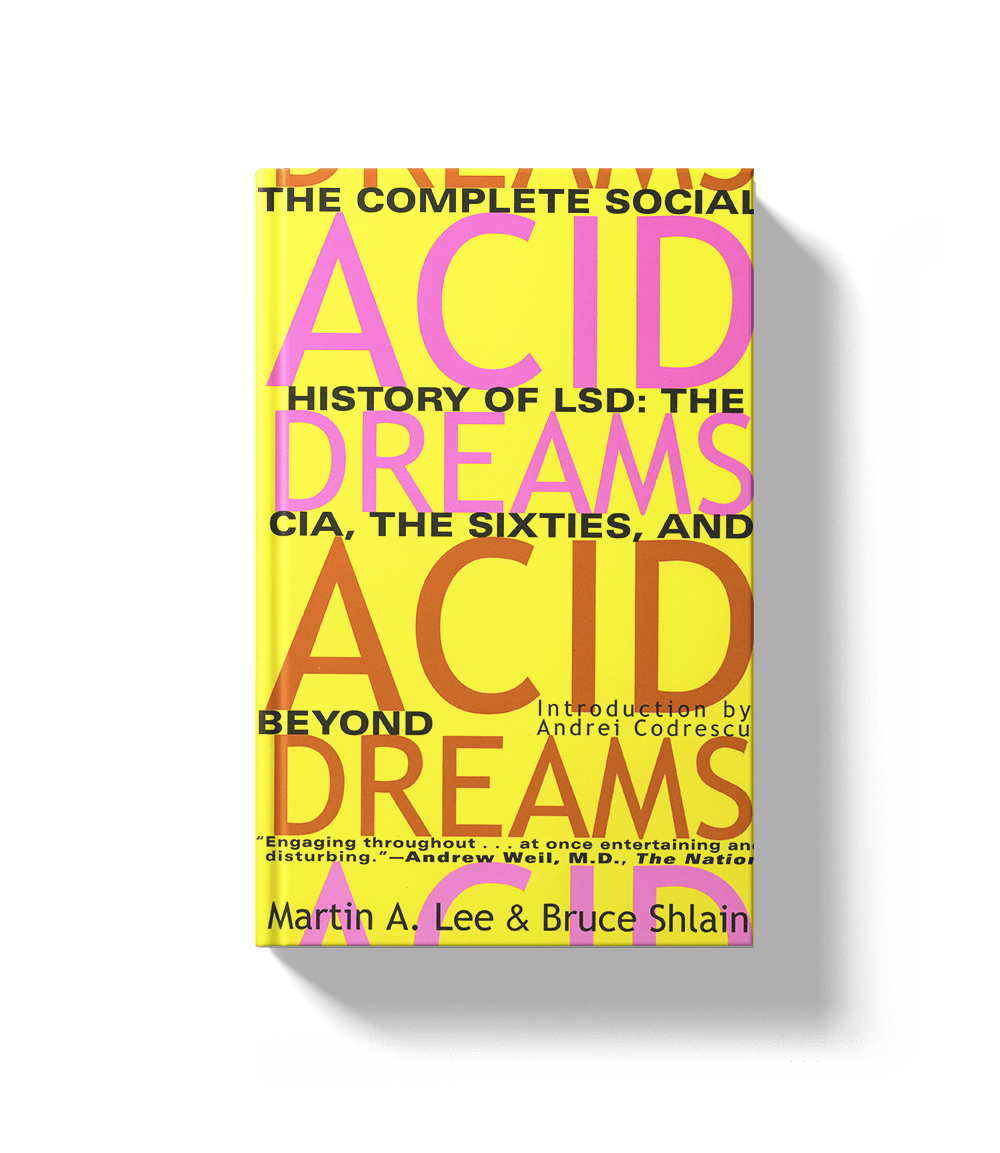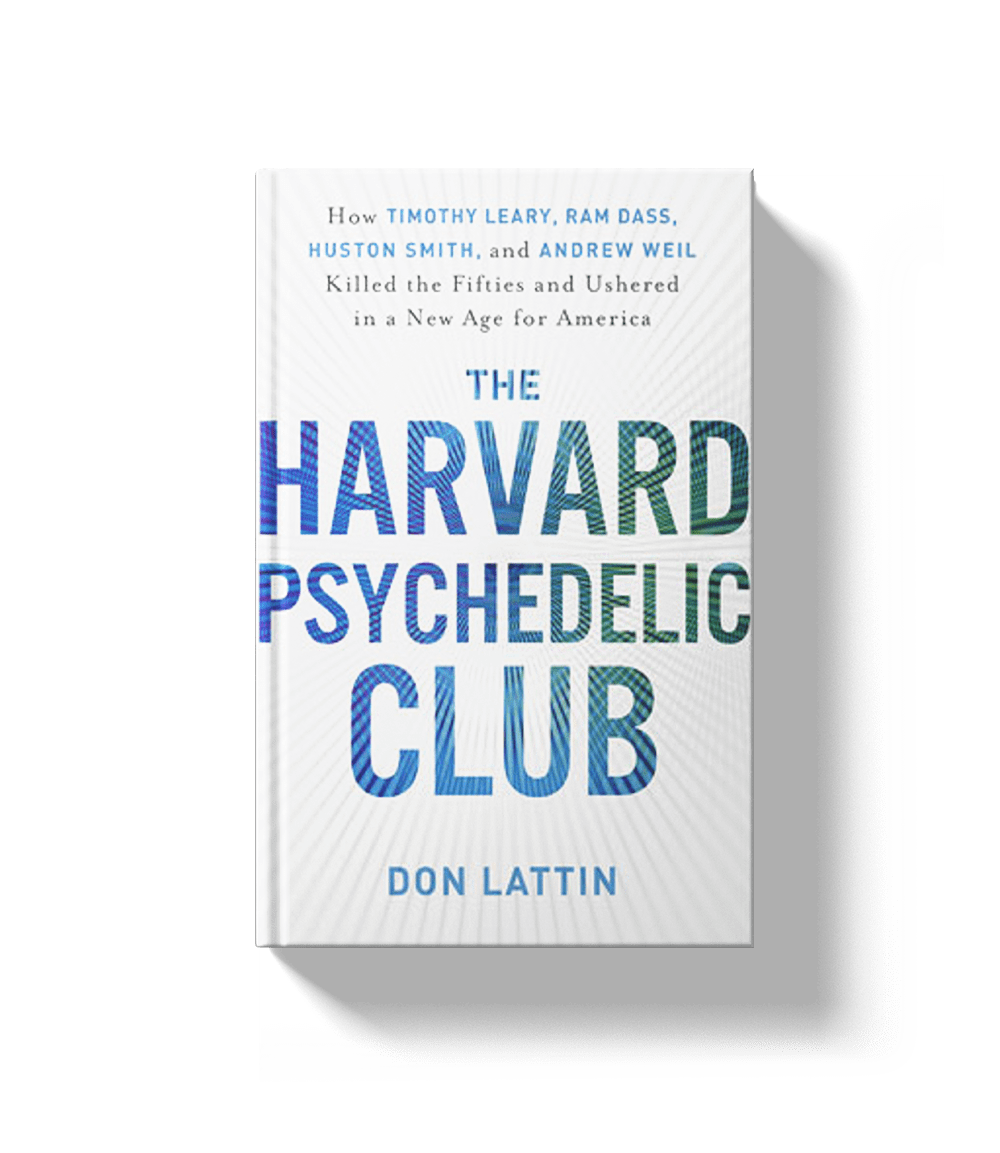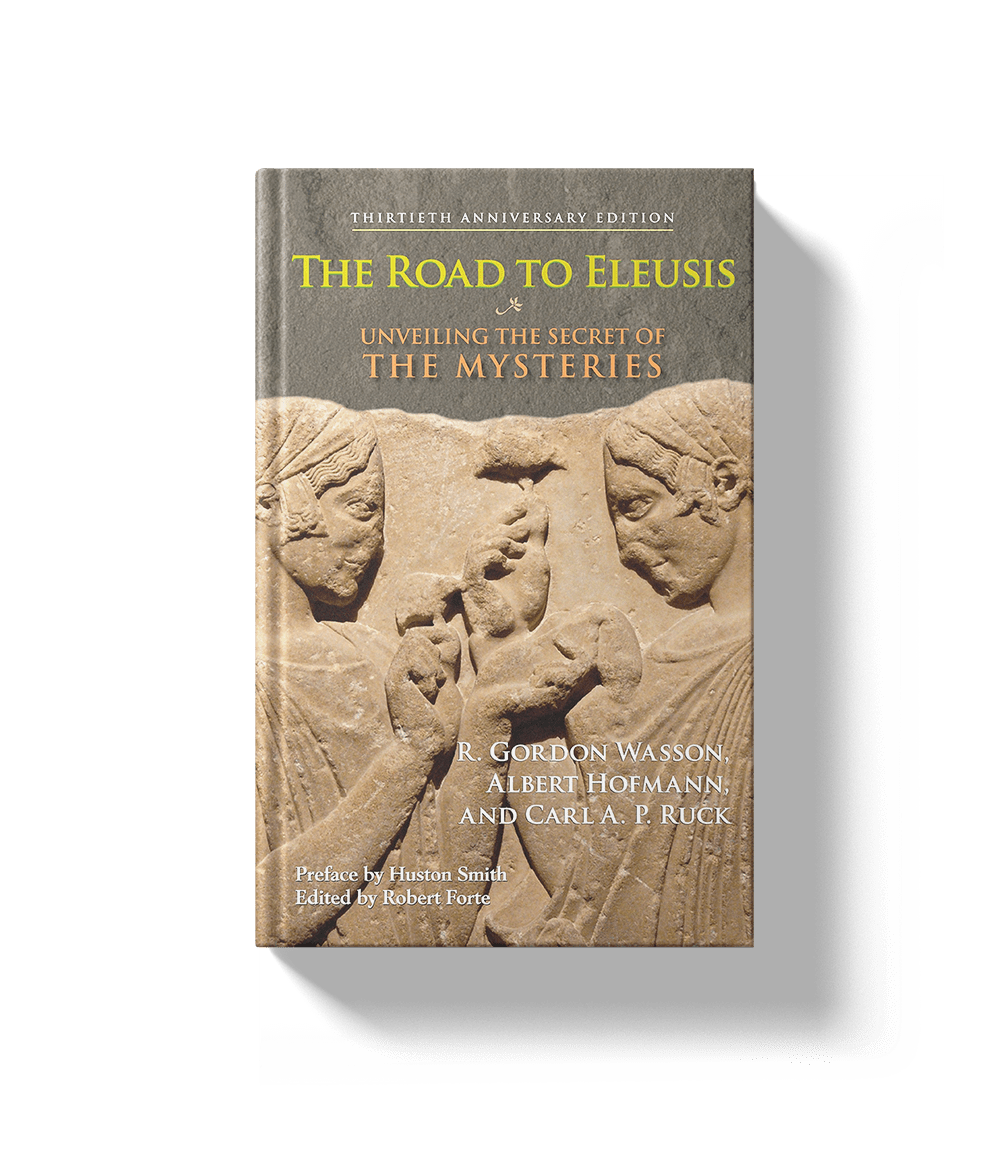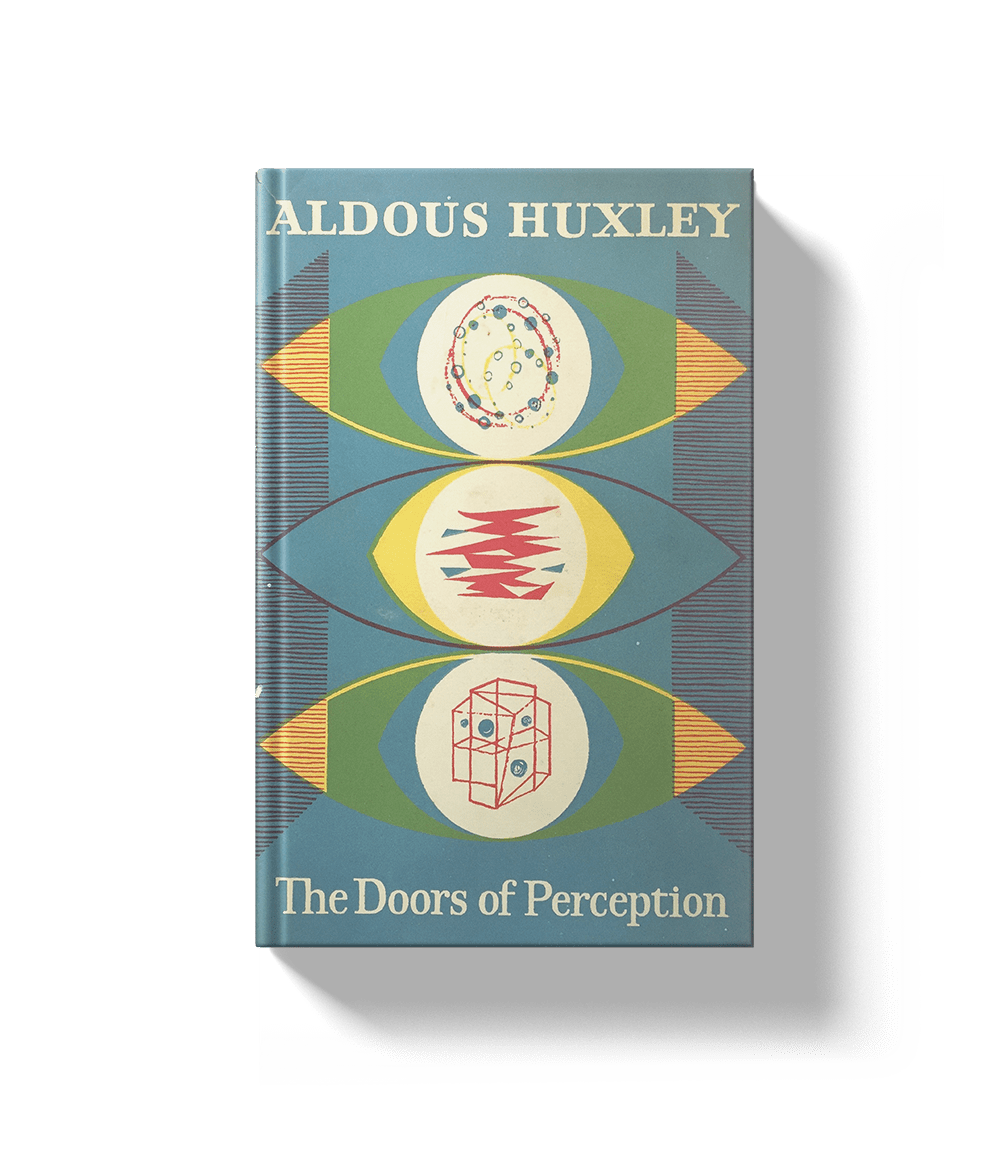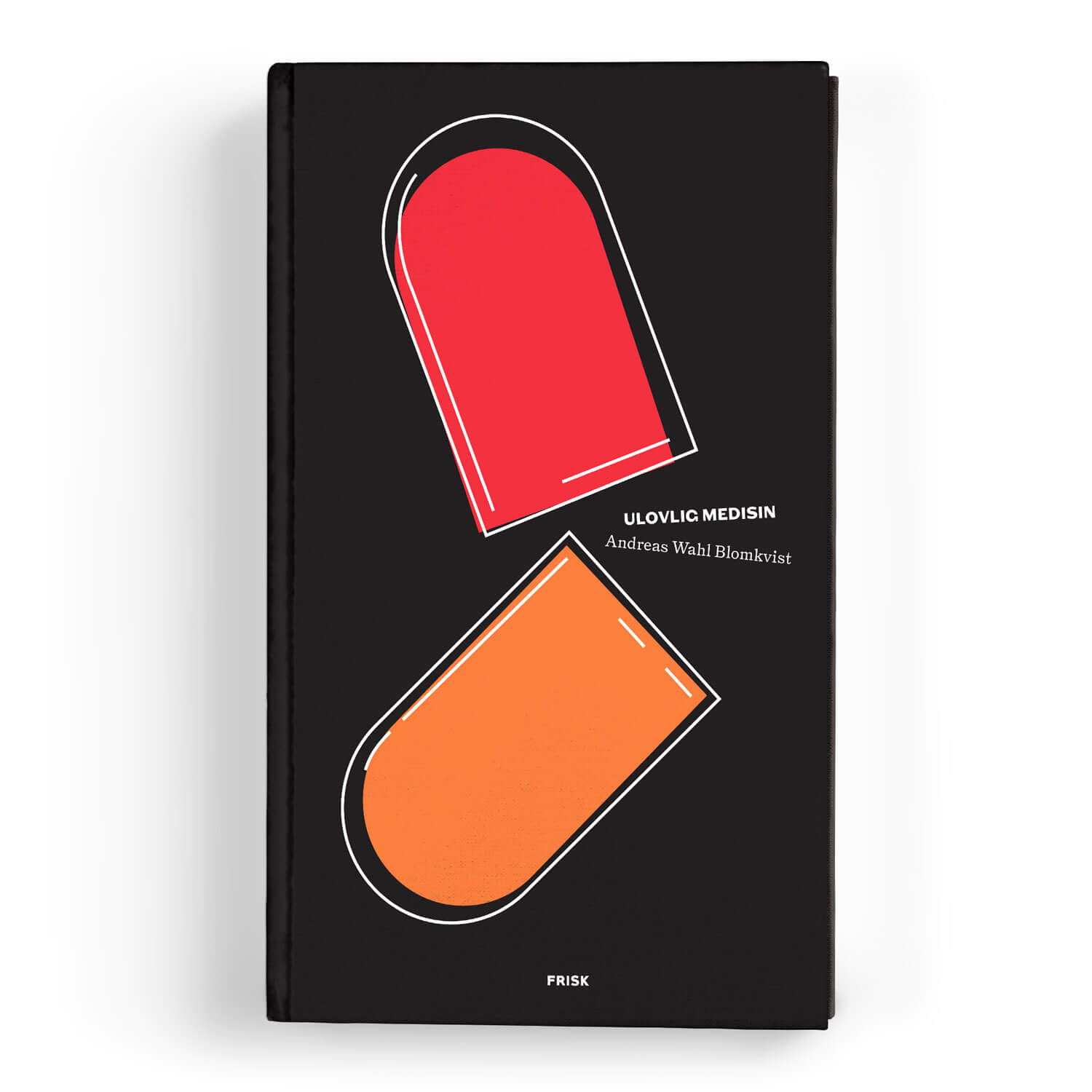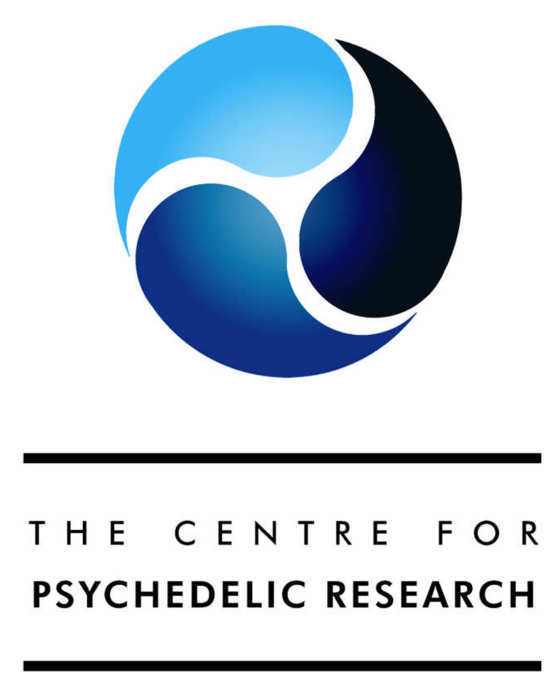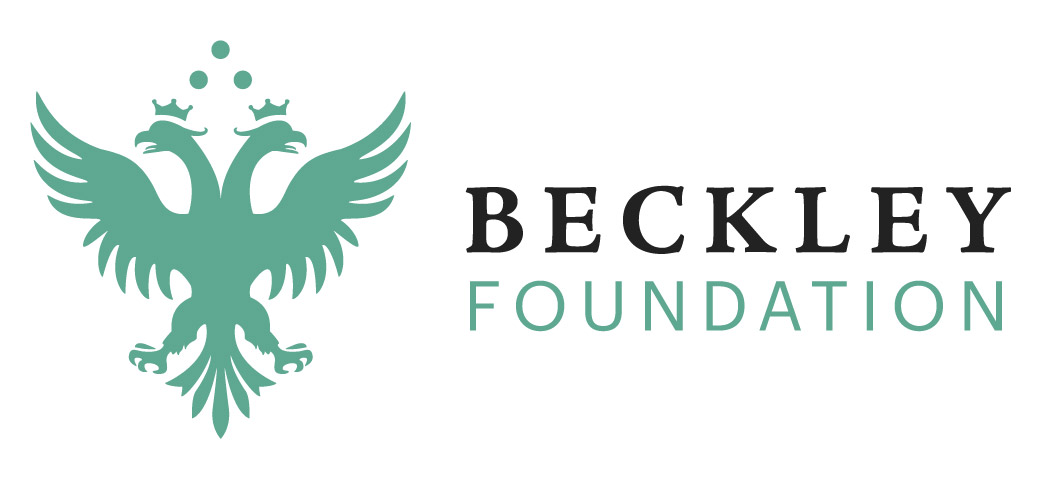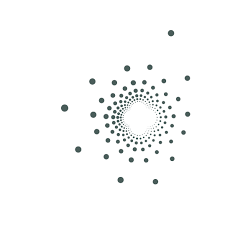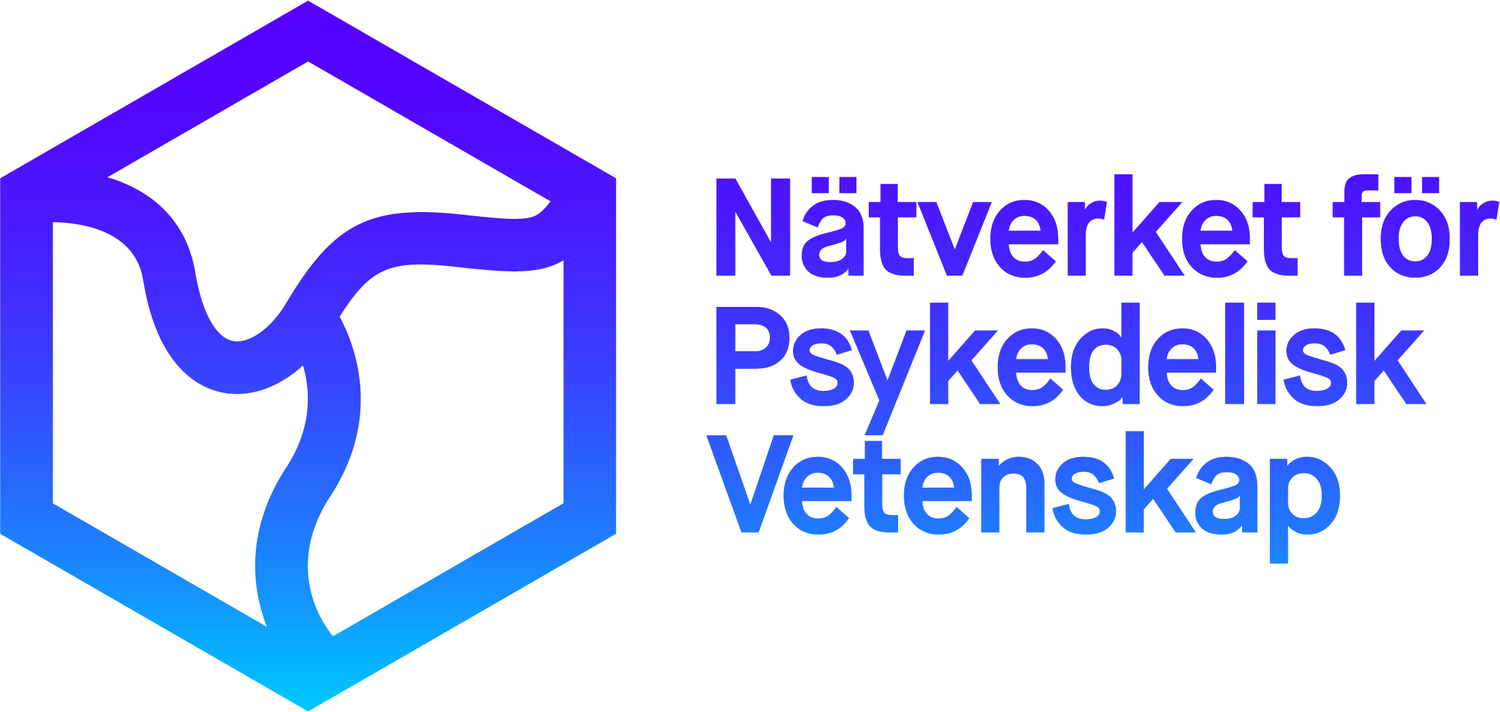How to Change Your Mind
What the New Science of Psychedelics Teaches Us

Dr. Robin Carhart-Harris på spørsmål om psykedelikas potensiale, Philosophy for Life
"To discover exciting things about consciousness and the brain, and to explore a truly novel therapeutic approach."
Forskning på psykedelika
Forskningsoppsummeringer
Psychedelics
Classic psychedelics: An integrative review of epidemiology, therapeutics, mystical experience, and brain network function.
Reviving research into psychedelic drugs
Brain mechanisms of hallucinogens and entactogens
Ayahuasca: Pharmacology, neuroscience and therapeutic potential
Forskning på psykedelikabruk
Psychedelics not linked to mental health problems or suicidal behavior: A population study.
A systematic study of microdosing psychedelics
Acute, subacute and long-term subjective effects of psilocybin in healthy humans: a pooled analysis of experimental studies.
Acute psychological and physiological effects of psilocybin in healthy humans: a double-blind, placebo-controlled dose-effect study.
Survey study of challenging experiences after ingesting psilocybin mushrooms: Acute and enduring positive and negative consequences.
Prediction of Psilocybin Response in Healthy Volunteers.
LSD enhances the emotional response to music
Psychedelics and music: neuroscience and therapeutic implications.
Do hallucinogens cause residual neuropsychological toxicity?
Long-term use of psychedelic drugs is associated with differences in brain structure and personality in humans
Hallucinogen persisting perception disorder: what do we know after 50 years?
Psychological and cognitive effects of long-term peyote use among Native Americans.
Report on psychoactive drug use among adolescents using ayahuasca within a religious context.
Ayahuasca in adolescence: a neuropsychological assessment.
Ayahuasca in adolescence: a preliminary psychiatric assessment.
Ayahuasca in adolescence: qualitative results.
Bevissthet og persepsjon
The entropic brain: a theory of conscious states informed by neuroimaging research with psychedelic drugs
Enhanced repertoire of brain dynamical states during the psychedelic experience
Broadband Cortical Desynchronization Underlies the Human Psychedelic State
Homological scaffolds of brain functional networks
Neural correlates of the psychedelic state as determined by fMRI studies with psilocybin
A qualitative report on the subjective experience of intravenous psilocybin administered in an FMRI environment
Neural correlates of the LSD experience revealed by multimodal neuroimaging
Increased Global Functional Connectivity Correlates with LSD-Induced Ego Dissolution
LSD‐induced entropic brain activity predicts subsequent personality change
Connectome-harmonic decomposition of human brain activity reveals dynamical repertoire re-organization under LSD
Finding the self by losing the self: Neural correlates of ego‐dissolution under psilocybin
The effects of psilocybin and MDMA on between-network resting state functional connectivity in healthy volunteers
Semantic activation in LSD: evidence from picture naming
LSD modulates effective connectivity and neural adaptation mechanisms in an auditory oddball paradigm
LSD‐induced entropic brain activity predicts subsequent personality change
Psilocybin modulates functional connectivity of the amygdala during emotional face discrimination.
Psilocybin-Induced Decrease in Amygdala Reactivity Correlates with Enhanced Positive Mood in Healthy Volunteers.
Psilocybin impairs high-level but not low-level motion perception.
Effect of psilocybin on empathy and moral decision-making.
Effects of varied doses of psilocybin on time interval reproduction in human subjects.
Effects of psilocybin on time perception and temporal control of behaviour in humans.
Decreased mental time travel to the past correlates with default-mode network disintegration under lysergic acid diethylamide
LSD alters eyes‐closed functional connectivity within the early visual cortex in a retinotopic fashion
LSD modulates music-induced imagery via changes in parahippocampal connectivity
Mystical Experiences Occasioned by the Hallucinogen Psilocybin Lead to Increases in the Personality Domain of Openness.
Psilocybin occasioned mystical-type experiences: immediate and persisting dose-related effects.
Mystical-type experiences occasioned by psilocybin mediate the attribution of personal meaning and spiritual significance 14 months later
Psilocybin-occasioned mystical-type experience in combination with meditation and other spiritual practices produces enduring positive changes in psychological functioning and in trait measures of prosocial attitudes and behaviors.
Psilocybin-occasioned Mystical Experiences in the Treatment of Tobacco Addiction.
A systems model of altered consciousness: Integrating natural and drug-induced psychoses.
Functional Connectivity Measures After Psilocybin
Inform a Novel Hypothesis of Early Psychosis
Inform a Novel Hypothesis of Early Psychosis
The alkaloids of Banisteriopsis caapi, the plant source of the Amazonian hallucinogen Ayahuasca, stimulate adult neurogenesis in vitro.
Altered Insula Connectivity under MDMA
A placebo-controlled investigation of synaesthesia-like experiences under LSD
Psilocybin-induced spiritual experiences and insightfulness are associated with synchronization of neuronal oscillations.
Neurophysiological Correlates to Psychological Trait Variables in Experienced Meditative Practitioners
Klinisk anvendelse
Potential Therapeutic Effects of Psilocybin.
Current perspectives on psychedelic therapy: use of serotonergic hallucinogens in clinical interventions.
The neurobiology of psychedelic drugs: implications for the treatment of mood disorders.
Implications for psychedelic-assisted psychotherapy: a functional magnetic resonance imaging study with psilocybin.
Patient experiences of psilocybin-assisted psychotherapy: An interpretative phenomenological analysis.
The hidden therapist: evidence for a central role of music in psychedelic therapy
Psilocybin with psychological support for
treatment-resistant depression: an open-label feasibility study
treatment-resistant depression: an open-label feasibility study
Natural speech algorithm applied to baseline interview data can predict which patients will respond to psilocybin for treatment-resistant depression
Psilocybin for treatment-resistant depression: fMRI-measured brain mechanisms
Psilocybin with psychological support for treatment-resistant depression: six-month follow-up
Quality of Acute Psychedelic Experience Predicts Therapeutic Efficacy of Psilocybin for Treatment-Resistant Depression
Psilocybin with psychological support improves emotional face recognition in treatment-resistant depression
Increased amygdala responses to emotional faces after psilocybin for treatment-resistant depression
Increased nature relatedness and decreased authoritarian political views after psilocybin for treatment-resistant depression
Individual Experiences in Four Cancer Patients Following Psilocybin-Assisted Psychotherapy.
Cancer at the Dinner Table: Experiences of Psilocybin-Assisted Psychotherapy for the Treatment of Cancer-Related Distress.
Safety and Efficacy of Lysergic Acid Diethylamide-Assisted
Psychotherapy for Anxiety Associated With
Life-threatening Diseases
Psychotherapy for Anxiety Associated With
Life-threatening Diseases
LSD-assisted psychotherapy for anxiety associated with a life-threatening disease: A qualitative study of acute and sustained subjective effects
Psilocybin produces substantial and sustained decreases in depression and anxiety in patients with life-threatening cancer: A randomized double-blind trial.
Rapid and sustained symptom reduction following psilocybin treatment for anxiety and depression in patients with life-threatening cancer: a randomized controlled trial.
Pilot Study of Psilocybin Treatment for Anxiety in Patients With Advanced-Stage Cancer.
Safety, tolerability, and efficacy of psilocybin in 9 patients with obsessive-compulsive disorder
Pilot study of the 5-HT2AR agonist psilocybin in the treatment of tobacco addiction.
Psychedelic therapy for smoking cessation: Qualitative analysis of participant accounts.
Long-term follow-up of psilocybin-facilitated smoking cessation.
Lysergic acid diethylamide (LSD) for alcoholism: meta-analysis of randomized controlled trials.
Clinical Interpretations of Patient Experience in a Trial of Psilocybin-Assisted Psychotherapy for Alcohol Use Disorder.
Psilocybin-assisted treatment for alcohol dependence: A proof-of-concept study.
3,4-methylenedioxymethamphetamine (MDMA)-assisted psychotherapy for post-traumatic stress disorder in military veterans, firefighters, and police officers: a randomised, double-blind, dose-response, phase 2 clinical trial
MDMA-Assisted Psychotherapy for PTSD
3,4-Methylenedioxymethamphetamine-assisted psychotherapy for treatment of chronic posttraumatic stress disorder: A randomized phase 2 controlled trial
A randomized, controlled pilot study of MDMA (±3,4-Methylenedioxymethamphetamine)-assisted psychotherapy for treatment of resistant, chronic Post-Traumatic Stress Disorder (PTSD)
Psykofarmakologi
Effects of serotonin 2A/1A receptor stimulation on social exclusion processing.
Role of the 5-HT2A Receptor in Self- and Other-Initiated Social Interaction in Lysergic Acid Diethylamide-Induced States: A Pharmacological fMRI Study.
The 5-HT2A/1A agonist psilocybin disrupts modal object completion associated with visual hallucinations.
Modulating the rate and rhythmicity of perceptual rivalry alternations with the mixed 5-HT2A and 5-HT1A agonist psilocybin.
Effects of serotonin 2A/1A receptor stimulation on social exclusion processing.
Modulatory effect of the 5-HT1A agonist buspirone and the mixed non-hallucinogenic 5-HT1A/2A agonist ergotamine on psilocybin-induced psychedelic experience.
Two dose investigation of the 5-HT-agonist psilocybin on relative and global cerebral blood flow.
The mixed serotonin receptor agonist psilocybin reduces threat-induced modulation of amygdala connectivity.
Psilocybin links binocular rivalry switch rate to attention and subjective arousal levels in humans.
LSD Increases Primary Process Thinking via Serotonin 2A Receptor Activation.
Serotonin 2A Receptor Signaling Underlies LSD-induced Alteration of the Neural Response to Dynamic Changes in Music.
Dreamlike effects of LSD on waking imagery in humans depend on serotonin 2A receptor activation.
The Fabric of Meaning and Subjective Effects in LSD-Induced States Depend on Serotonin 2A Receptor Activation.
Psychedelics Recruit Multiple Cellular Types and Produce Complex Transcriptional Responses Within the Brain.
Dynamic changes in prefrontal cortex gene expression following lysergic acid diethylamide administration.
A single dose of lysergic acid diethylamide influences gene expression within the mammalian brain.
Activation of serotonin 2A receptors underlies the psilocybin-induced effects on α oscillations, N170 visual-evoked potentials, and visual hallucinations.
Psilocybin Biases Facial Recognition, Goal-Directed Behavior, and Mood State Toward Positive Relative to Negative Emotions Through Different Serotonergic Subreceptors.
Effect of Ring Fluorination on the Pharmacology of Hallucinogenic Tryptamines.
Lysergamides of isomeric 2,4-dimethylazetidines map the binding orientation of the diethylamide moiety in the potent hallucinogenic agent N,N-diethyllysergamide.
Using psilocybin to investigate the relationship between attention, working memory, and the serotonin 1A and 2A Receptors.
Pharmacokinetics of Hoasca alkaloids in healthy humans.

